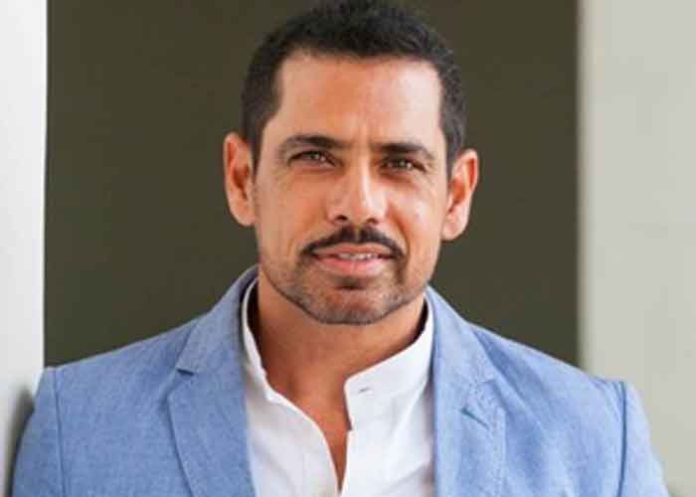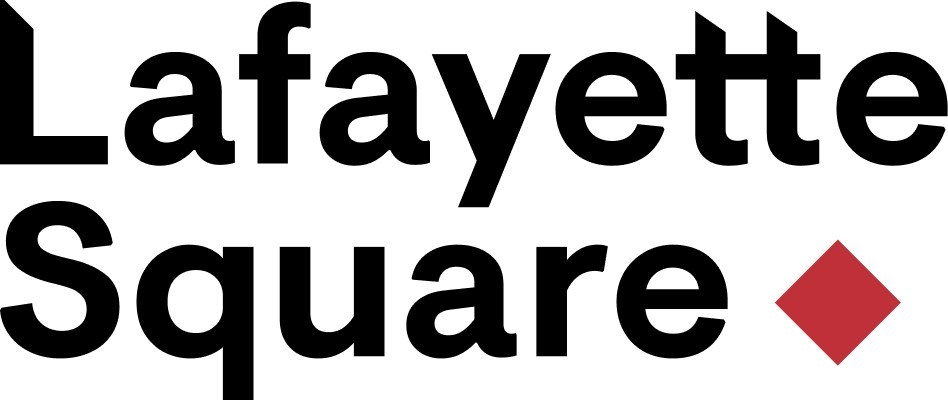RBC president and CEO Dave McKay in front of retail spaces on Yonge Street in Toronto, on Sept. 28, 2020. Christopher Katsarov/The Globe and Mail Canada’s largest bank is counting on its financial heft to continue thriving in an increasingly chaotic world, using its scale to withstand economic shocks and to fund the spending necessary to keep pace with the technological revolution.
Long a stalwart of the Canadian banking industry, RBC has emerged as the sector’s clear leader in recent years and investors have rewarded it with a premium valuation relative to its Big Six peers. Yet that success is at risk of being undercut by the economic chaos unleashed by U.S.

President Donald Trump’s tariff strategy . Despite the threat, RBC’s executives projected calm at an investor day Thursday in Toronto, arguing that the financial institution has a diversified business mix that will allow it to absorb major economic jolts – the same way it did during the 2008-09 global financial crisis. RBC has also planned ahead and, as mandated by the federal banking regulator, used its success to prepare for a downturn.
“We’ve been building reserves for nearly three years,” chief risk officer Graeme Hepworth said, referring to the bank’s buffers that offset loan losses. RBC remains so confident about its prospects that it will continue to spend heavily on technology investments, which totalled $5-billion in fiscal 2024. Chief executive officer Dave McKay said such outlays are necessary because the sector is experiencing a “shift to hyper-personalization and an AI arms race.
” But Mr. McKay acknowledged in an interview that there’s no telling how ugly the global trade war could get. Even if RBC has the financial strength to absorb loan losses, plunging consumer confidence can keep clients from spending on new products.
Already there are signs that the mortgage market is freezing again, despite indications that it was finally thawing as interest rates started to fall. “Consumer confidence is highly correlated to the mortgage industry,” Mr. McKay said in an interview.
“When you’re worried about your job and prosperity, you’re going to pull back.” However, he stressed that alarm bells aren’t ringing. So far, big-ticket items have been impacted, but smaller purchases remain robust because, as he explained, “people still have to live.
” So far, RBC hasn’t seen a major drop in credit-card spending. Looking forward, RBC sees plenty of potential to expand in Canada. “There is still significant room for us to grow,” Mr.
McKay said on stage at the investor day. This strategy counters a common assumption among investors and analysts that the Canadian market is already heavily saturated, and there are few domestic acquisition opportunities left after RBC closed its acquisition of HSBC Bank Canada last year. (HSBC Canada used to be the country’s seventh-largest bank.
) RBC is also optimistic about growth in transaction banking, particularly in the U.S., and recently launched its RBC Clear platform that allows business owners to manage their working capital much more efficiently.
The Clear investment complements RBC’s artificial intelligence capabilities, which have been a focus of the bank for the past decade. While tech giants such as Alphabet tend to be most closely associated with the AI boom, RBC has invested heavily in the space and was even recently mentioned by Nvidia founder Jensen Huang at a conference. To illustrate how this AI investment will pay off, on Thursday RBC showcased tools it has developed in-house, such as a platform that scans client e-mails and client accounts to help investment advisers prepare for client meetings in five minutes, instead of 45 minutes previously.
Beyond technology, RBC believes it has another advantage if the economy worsens: A focus on wealthier, and less risky, clients. In the Canadian retail banking arm, which drives RBC’s earnings, the weighted average credit score for clients is 797, which is deemed “very good” by Equifax, and in wealth management, 87 per cent of its clients in Canada and the U.S.
are deemed high-net-worth or ultra-high-net-worth. For years, Canadian banks have talked about servicing high-net-worth clients because they deliver more revenue, but RBC is a true leader in this segment. “You may hear other banks talk about it, but I’m telling you, we’re winning with it,” wealth-management head Neil McLaughlin said at the investor day.
RBC, though, did establish some limits to its expansion, once again reiterating that it will not become a mass-market retail bank south of the border – something that got arch-rival Toronto-Dominion Bank into trouble in recent years. “Retail is not going to be our focus in the U.S.
,” said Greg Carmichael, executive chair of City National Bank, which is RBC’s everyday banking franchise south of the border..
Business

RBC’s strategy to withstand economic uncertainty in a Trump world involves using scale to invest
As a stalwart of the Canadian banking industry, RBC has emerged as the sector’s clear leader in recent years and investors have rewarded it with a premium valuation relative to its Big Six peers














